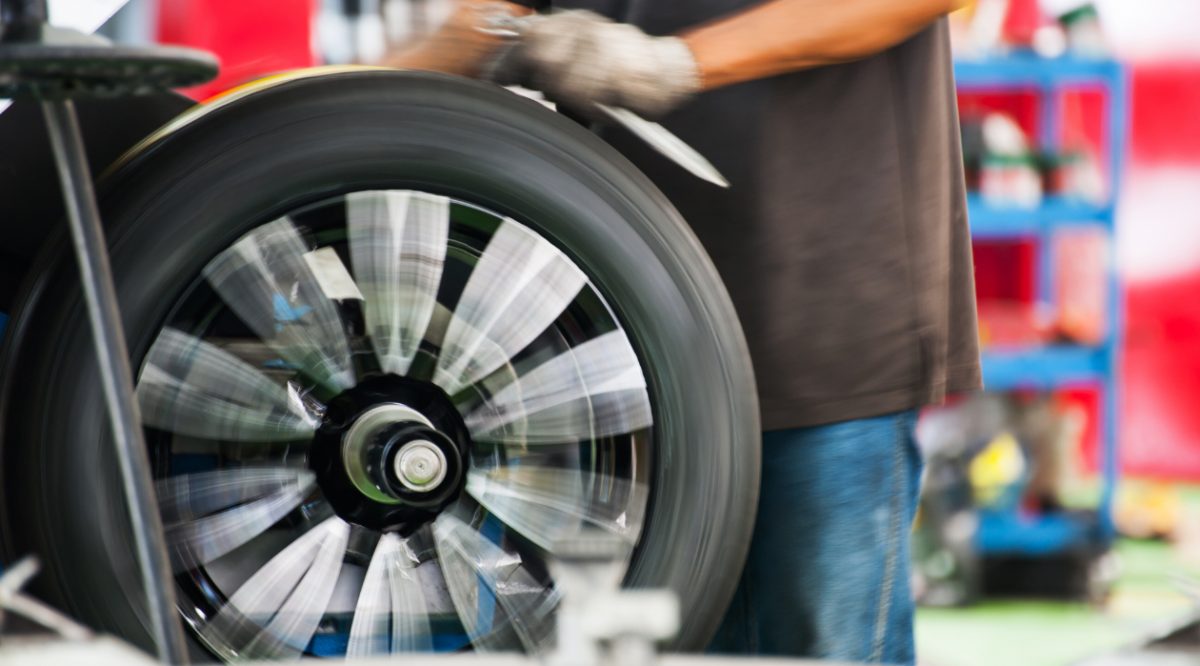
The European Commission’s recent dawn raids at the premises of various global tyre producers is a timely reminder that the automotive sector, as a whole, remains under close competition law scrutiny.
According to media reports, Michelin, Bridgestone, Goodyear, Continental, Pirelli and Nokian are among the companies confirming that they have been inspected, although this does not pre-judge any finding of anti-competitive conduct. The investigation is still in its early stages. Dawn raids are a preliminary investigatory step into suspected anticompetitive practices.
The investigation concerns suspected price coordination (including via public communications) on new replacement tyres for passenger cars, vans, trucks and buses.
There is no set timeframe for competition investigations; their duration depends on different factors, including the complexity of each case, the extent to which the firms involved co-operate with the authorities and how they exercise their rights of defence.
It is unclear what prompted the investigation, noting that this is not the first time that certain tyre manufacturers have been implicated in cartels in other jurisdictions or in other product markets; however, the Commission operates an active leniency programme whereby companies that have been involved in a secret cartel may be granted immunity from fines in return for reporting the conduct and their cooperation.
Miles Trower, TLT’s Head of Competition and legal adviser to the NFDA commented:
“It is unclear whether the UK’s Competition and Markets Authority has also initiated (or will commence) a domestic investigation, but the fact remains that the UK is a huge market for tyres, with around 50 million new tyres supplied each year, around half from Europe (some manufactured in the UK itself) with the rest from Asia, mainly China. It is worth several billion pounds, excluding re-treads. If price-fixing has occurred, the penalties involved – corporate and personal - are likely to be severe. More than that, a lot of customers – from OEMs to dealers to tyre chains and consumers - could have suffered losses, and might have a claim for damages, particularly if any inflated prices are being absorbed (e.g. in thinner margins) rather than passed on. Dealers buying a lot of tyres need to think about this. They are sometimes the target of claims; however, they may also be the victim, so should keep a watching-brief and, depending on the how the investigation(s) evolve(s), seek advice insofar as they might wish to pursue compensation themselves, possibly on a collective basis.”
A link to the European Commission’s case page on the tyres investigation (which will be updated in due course) can be accessed here: Unannounced antitrust inspections in the tyres sector (europa.eu).
NB: This update is intended for general information and guidance only and represents the NFDA’s legal adviser’s understanding of the relevant law and practice as at March 2024. Specific advice should be sought for specific cases.
